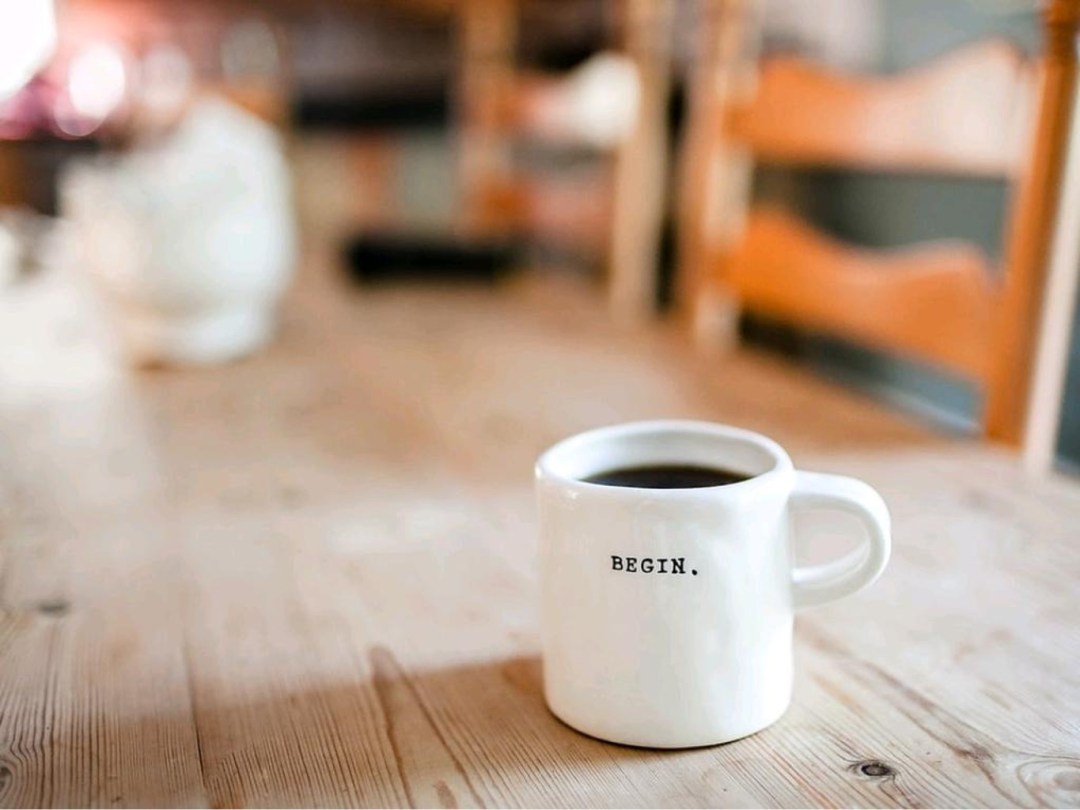Feeling stuck? Try some simple lifestyle experiments.
The global pandemic has increased anxiety about wellbeing and challenged the ability to cope with the unknown. It has also provided a pause for thought about how we live. Maybe now is a good time to try out some lifestyle experimentation.

A lifestyle experiment is all about testing new approaches to how you live, work and interact with others. Once the investigation is complete, you can decide if the impact is positive or negative and wish to continue the change. Thinking about experimentation from a personal perspective can be daunting; it can be hard to know where to start, especially if you are feeling stuck in a rut.
It helps to keep things simple. A practical framework is to design an experiment using Stop, Start, Continue, Swap, Create and Track. For example, you might decide to stop drinking alcohol on Monday evenings. Then start this experiment at the beginning and continue until the end of a specific month. Perhaps you swap your usual tipple for a mocktail and create the mocktail yourself from scratch. Then decide to track how you got on and what it felt like for you.
Here are some examples of lifestyle experimentation to get you thinking:
- Deactivating or pausing social media accounts
- Walking outside for 30 minutes a day
- Cooking a meal from scratch using fresh produce
- Go plastic-free or zero waste
- Write down three good things that happened during your day
- Read a book that you would not usually pick up
An experiment is a way of trying something new while putting in place the necessary structures to find out if it works. Nesta, the UK’s innovation charity.
Set yourself up for success by devoting adequate time to each experiment. Timing is up to you as it will depend on your motivation and the nature of what you are attempting to do. However, in general, it is helpful to give yourself one month to try out a different approach to learn along the way. Running several tests is possible and maybe desirable; however, beware of firing off in too many directions as this is likely to be less rewarding and potentially exhausting.
A key question is how far you can stretch your ability to emotional commit? You don’t want to turn this into a grind that becomes a punishing regime. Maintain gentle curiosity as you test out different options and be an interested observer of the results. This approach reduces the pressure to be perfect, which can frequently derail performance and cause disappointment.
You can maintain motivation by buddying with someone who is also trying out new directions or making changes to their life; by sharing goals, you cement commitment and encourage each other along the way. Plus, you have someone with whom to celebrate triumphs and talk out any pitfalls.
Becoming more experimental is important in an ever-changing world. New challenges emerge. But also new opportunities for tackling them. – Albert Bravo-Biosca, Director of Innovation Growth Lab.
When thinking about work and any future career options, you might begin by reviewing your strengths (the things you love doing and are good at). Then audit your resources (time, energy, money and people who might help and support you). The best way to learn from an experiment is to ensure it has enough resource and plays to your strengths. Think through your options with this in mind. Where would you most like to spend your time? Visualise the practical steps you would take on each opportunity, starting with your favourite and working down to your least favourite. Consider the following prompts as you do this:
- Do I buy into this option? If successful, will it play to my strengths?
- Will this option stretch me? If successful, so I think it would make me happy, proud and feel personally fulfilled?
- How much emotional commitment will I need to conduct a meaningful experiment? Am I prepared for this?
- How much of my practical resources will it realistically take to conduct simultaneous operations?
- How do I experiment? What are my main drivers, basic requirements and operating model for running a successful experiment?
The way to get started is to quit talking and begin doing. – Walt Disney.
Next, starting from where you are, facing what you face, what would you like to happen? What do you want? How can you make your hopes more likely to happen? Make a note of your options for action and decide which is the first thing, then second, third and so on.
Now review your answers to the steps above. Are you satisfied? What else might you do? Who might you call upon to support you? Write down your responses and consider your options. Now you can make choices that enable you to move from planning to action.
Feeling stuck is frustrating. Get unstuck with some simple lifestyle experiments that you design and can control. Doing simple things and trying out ideas will freshen your thinking. Being reminded that you are resourceful will motivate you to make changes that you want for happier and improved life quality.
If you’d like to receive my monthly newsletter for tips and strategies for navigating modern life more successfully, you can subscribe via this link: https://www.beverlylandais.co.uk/blog
Sources
https://www.breakthetwitch.com/lifestyle-experiments/
https://www.nesta.org.uk/feature/innovation-methods/experiments-and-trials/
Beverly Landais PCC
Certified Personal & Team Coach: enabling people to be at their resourceful best
We live in an ever-changing dynamic world. At best, this can be exhilarating and provide excellent opportunities for personal growth. At worst, it can be exhausting and stressful as you try to do it all, which can lead to the feeling that you are doing nothing well. Maybe you are in such a situation? Perhaps you have reached a point where you long to create the life that you want rather than the one that is happening? If so, I may be the right coach to support you. My purpose is simple. I work with people to help them be at their resourceful best. I bring all of my expertise to the service of my clients. My skill set includes 30 years of experience in business, including board level. As a Professional Certified Coach and Positive Psychology Practitioner, I can help you to think your options through, make better choices and do the things that promote wellbeing, bring personal as well as professional satisfaction and make you happy. I am particularly skilled in supporting those who are at a crossroads in their life. My coaching approach can help you gain a clear understanding of your values, motivators, drivers, strengths and consider the impact of blind spots – and what you can do to mitigate these. I work via video calls, by phone and email. Should you wish to arrange a 30-minute complimentary discovery session, please contact me via connect@beverlylandais.co.uk


